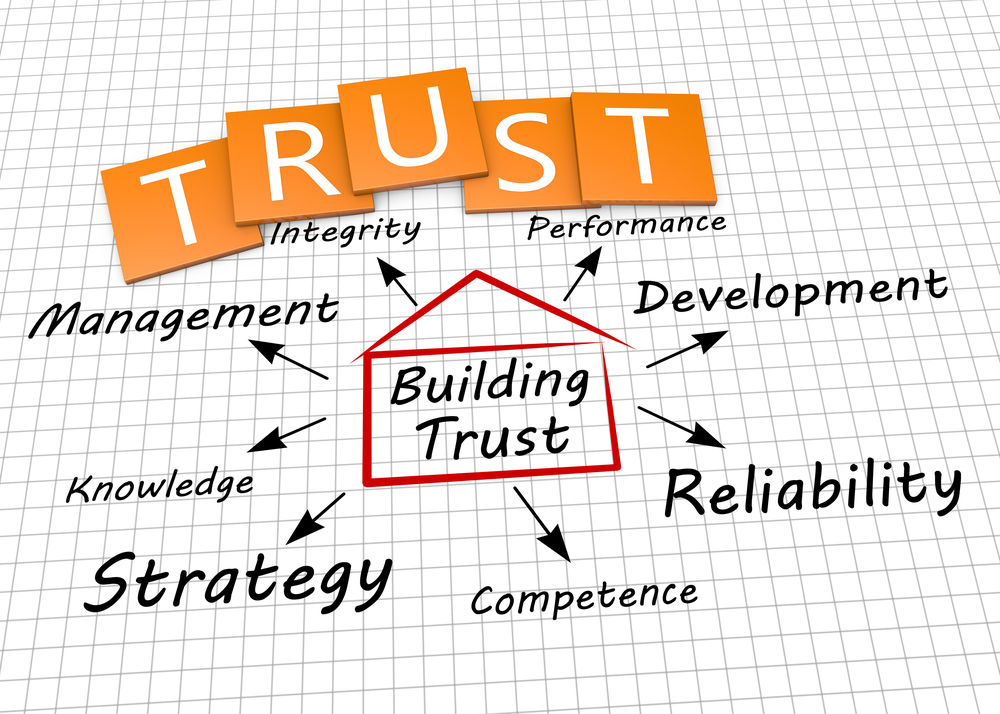Employees are beginning to return to the workplace but not without a certain amount of angst. The past several months have given employees a taste of the freedom, flexibility, and convenience working from home offers. While some are happy for the opportunity to “return to normal,” many are reluctant—even resistant—to returning to the physical workplace.
Amid this environment and what is likely to continue to be a hybrid work environment for many, one element is critical: trust. Employees need to trust that their employers, and managers, have their best interests in mind; that they will be treated fairly; and that flexibility can remain part of their workday.
In an article for Chief Learning Officer, Laurie K. Cure covered four essential aspects of trust that employers and managers must understand to build a strong and supportive culture.
Foundational Elements of Establishing Trust in the Workplace
Cure writes that “when individuals and leaders develop trusting relationships, we can move quickly in decision-making, take greater risks and feel better about our work environment.” All of this contributes to improved quality and better organizational performance, she says.
There are, though, some key factors that must be in place:
- Competence. Employees need to have confidence that their leaders have the knowledge, skills, and abilities required to get the job done—and to lead them successfully to contribute to achieving company, and personal, goals.
- Integrity. Integrity is perceived to be sorely lacking in many circles these days, making it even more important in work settings. Employees need to have confidence that their leaders will “do the right thing,” Cure writes. Transparency is a fundamental element of successful workplaces today.
- Consistency. It’s important that employees know what to expect. Organizational leaders need to establish a solid foundation of consistency in actions, behaviors, and decisions applied across the organization. Unpredictable leaders wreak havoc in any organization.
- Connection. “When we know people want what’s best for us or when we feel a sense of loyalty among our team, we have the connection aspect of trust,” Cure writes.
As managers, supervisors, and employees come back together, it’s important to ensure that a solid foundation of trust is both built and maintained. That foundation will serve organizations well as they manage the new normal and balance the varying needs of an increasingly diverse workforce.

